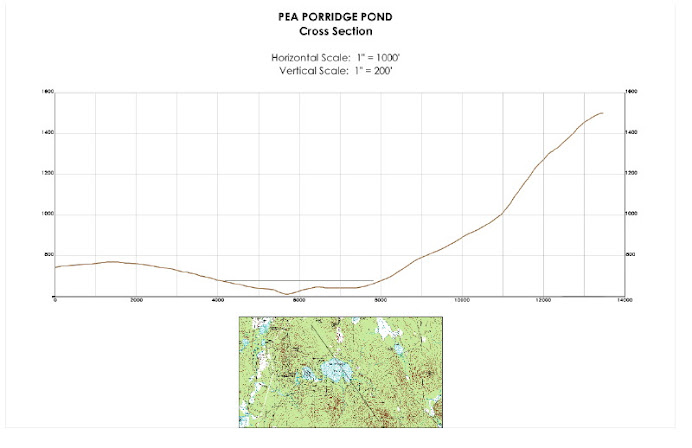FOR THOSE UNFAMILIAR WITH "BLOGGING"
We've noticed that there have been hardly any comments or questions submitted on this blog through its "Comment" function. This quick note is to let you know how easy it is and to encourage you all to participate by "commenting".
We're really interested in what you think about the project and would love to answer your questions, consider your suggestions, and enjoy your opinions on such things as: (a) what we're doing, (b) how we're doing it, (c) the results we get, (d) their scientific interpretation, (e) the history of the Pond as you know it from various points of view (not just scientific), (f) your experiences with the kind of things we're doing, (g) climate change and related paleoecology, and (h) anything other subject you think may be of interest to the others reading the blog. We know there are many readers on the blog (we've heard from many of you by email and telephone), but we think what you think would be of interest to all the others.
So, if you want to comment on any of the postings so far added to the blog, just click on the line marked "comments" in the lower right corner below the posting. This will take you to a page with a blank box in which you type our your comment or question. When you're finished, scroll down through the rest of that page, adding the information it calls for as you go (although you don't have to set up a Google Account; just by-pass that if you wish), and then click the "Submit" button at the bottom. Your text will be automatically posted onto the blog at the end of the particular posting your commenting upon.
Then check in on the blog periodically to see who responds and how. If you want a specific person from the project to respond, just mention one of our names and we'll do it. It's really very simple, and the exchange of information gets to be a lot of fun. Don't be afraid because your not "scientifically qualified" or technically inclined. Very often the simple questions from folks not familiar with the science actually better help everyone understand what's going on. You can even use an alias if you want to remain anonymous. Naturally, though, we'll all try to figure out who you may be anyway.
So, let us hear from you, and we all have some fun. We've been amazed at the wide range of folks interested in what we're doing on this unique kind of project. It's "citizen science" at its best.



No comments:
Post a Comment